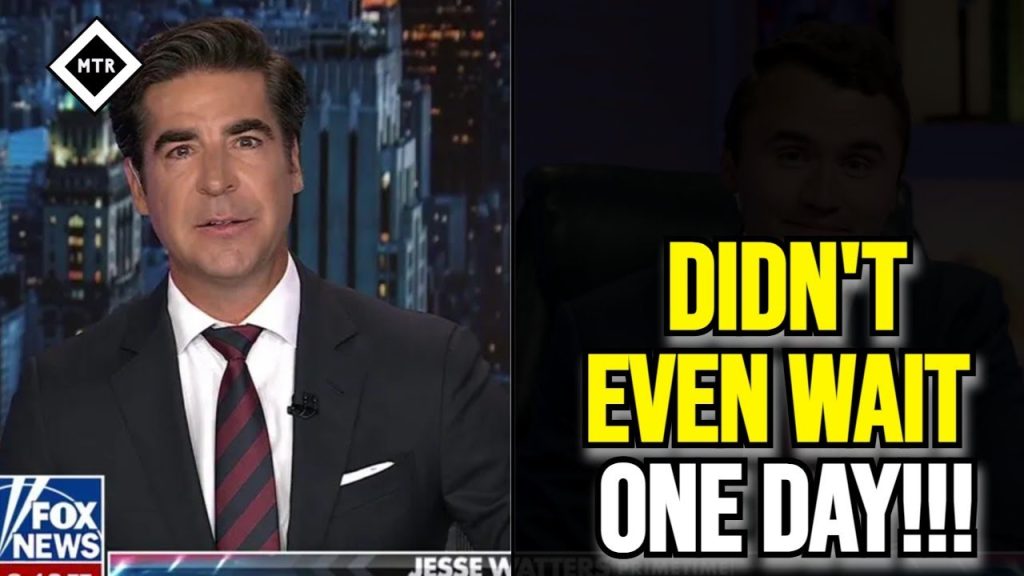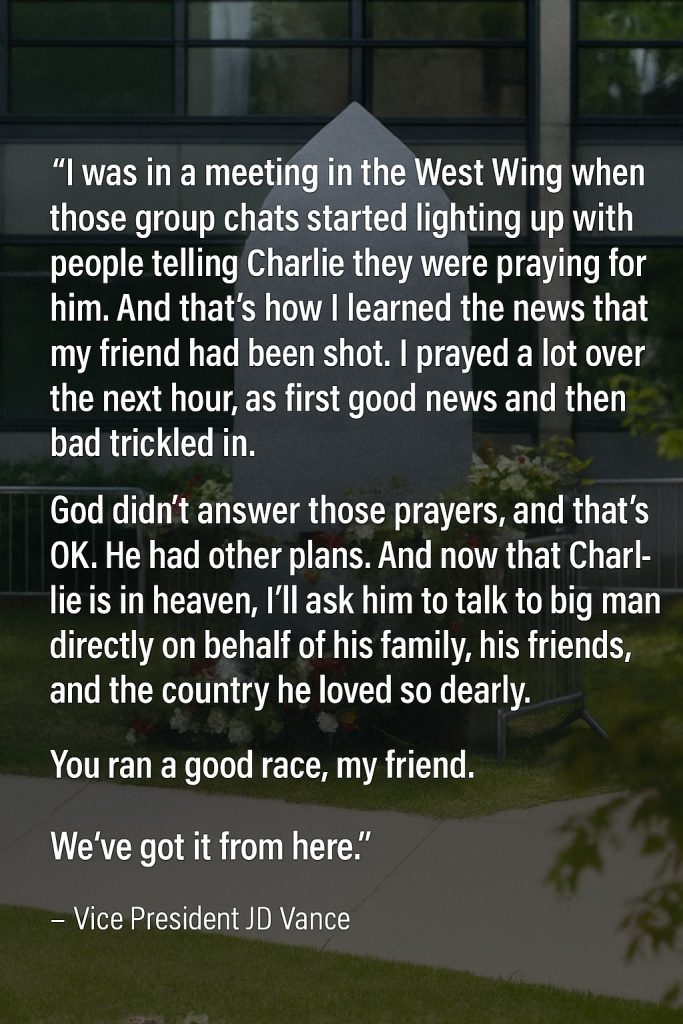In a fervent display of partisan fervor, a Fox News host recently ignited controversy with a declaration that the Democratic Party is under siege. The segment, marked by emotional appeals and an insistence on resilience, captured viewers’ attention with its charged rhetoric.
The host emphasized a sense of awakening and empowerment within conservatives, referencing recent events that have galvanized their base. With repeated phrases asserting that “this isn’t over,” the host called upon viewers to channel their perceived injustices into strength and solidarity. “Charlie’s power just got released in all of us,” they proclaimed, invoking the name of conservative commentator Charlie Kirk and suggesting that his influence would continue to inspire action among supporters, particularly in challenging times.
As the commentary unfolded, the host linked these sentiments to broader themes of personal struggle and community resolve, urging individuals feeling disheartened to rise up rather than succumb to despair. This emotional appeal is a strategic effort to unify the viewer base, framing resistance against perceived attacks as a noble and necessary fight.
Central to the discussion were urgent references to both emotional and physical attacks faced by prominent conservative figures, including a mention of former President Trump’s order to lower flags to half-mast in honor of Charlie Kirk. This act was used to underscore a collective mourning for their lost comrades, which was framed as indicative of a larger issue facing the right: a narrative of victimhood amid a supposed adversarial environment fostered by the left.
The host continued by bringing attention to a recent violent incident involving a conservative commentator, which they interpreted as proof of mounting aggression against right-leaning ideologues. Asserting that “they came after Kavanaugh with a rifle,” the host painted a dire picture of threats to conservatives, suggesting that such actions are part of a larger, coordinated effort against their ideology. This narrative of conspiracy and danger was prominent, aiming to depict a climate of fear that must be resisted rather than accepted.
However, the host’s invocation of “they,” without specifying who the aggressors are, raises questions about the veracity and implications of such claims. By engaging in vague accusations, the rhetoric may inadvertently undermine the arguments being made by failing to substantiate the assumptions behind them. This kind of language is particularly potent in the current political landscape, where symbolism and emotion are often wielded as tools for persuasive communication.
The program also highlighted the emotional and psychological aspects of political engagement, suggesting a newfound camaraderie among conservatives due to the shared experiences of perceived threats. The rhetoric challenges followers to not only endure hardships but to actively resist and push back against Democrats, who are characterized as a common enemy. This us-versus-them framing is emblematic of a broader cultural divide that increasingly characterizes American politics.
As the political landscape becomes ever more polarized, the implications of such charged rhetoric cannot be overlooked. It encapsulates a strategy aimed at galvanizing a base by amplifying fear, resentment, and a call to arms. Whether this approach effectively energizes the conservative movement or further entrenches divisions within American society remains to be seen.
In summary, the Fox News segment serves as a reflection of the heightened tensions shaping today’s political dialogues, merging emotional appeals with calls for activism against a backdrop of perceived threats. The ongoing narrative will undoubtedly continue to resonate, fueling further discussions on partisanship, power dynamics, and the road ahead for political discourse in the country.



